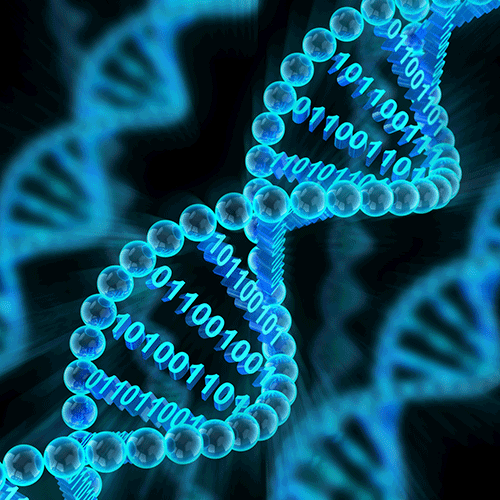BIOI 397/495 | BIOL 395. Human Genetics (3 credits)
Semesters Taught: Spring 2022
Understand the foundations of human complex trait genetics. Critically analyze and discuss primary literature in human genetics. Describe what our genes do and don’t say about human differences. Increase proficiency in scripting, command line tools, and visualizations used in the field.
Outcome: Students can design, implement, and evaluate a genome-wide computational analysis of human phenotypes.
BIOI 494. Bioinformatics Research Design (1 credit)
Semesters Taught: Fall 2018
Research practices, including data collection and management, the experimental design process, and tools for critical analysis and preparation of scientific literature will be discussed.
Outcome: Students can describe and implement experimental design practices in bioinformatics.
BIOI 500. Advanced Bioinformatics (3 credits)
Semesters Taught: Spring 2021, 2022
Students will study fundamental bioinformatics algorithms and emerging software tools in the field. The course will include the study of primary literature and design and implementation of bioinformatics algorithms.
Outcome: Students can describe, design, implement, and evaluate bioinformatics algorithms.
BIOL 388/488. Bioinformatics (3 credits)
Semesters Taught: Fall 2015, 2016, 2017, 2018, 2019, 2020, 2021
Students will engage in the applications of computer-based tools and database searching to better understand the fields of genetics, genomics, evolutionary biology, and personalized medicine. Students will be introduced to scripting programming languages for analyzing biological data sets.
Outcome: Students will be able to appropriately use computer software and databases to accurately analyze biological data and interpret the results, applying their understanding of genetic processes.
COMP 150. Introduction to Computing (3 credits)
Semesters Taught: Spring 2016, 2017, 2018
This course provides a broad survey introducing the many layers of the computer science discipline, emphasizing the computer’s role and limitations as a tool for describing, organizing, and manipulating information applicable to many disciplines. Topics include binary logic expressed in electronic circuitry, machine architecture, basic programming in the very accessible language Python, data organization, the potential and limitations of machines, and useful tools.
Outcome: Ability to write programs to manage and transform data; broad understanding of foundations of computing.
COMP 383/483. Computational Biology (4 credits)
Semesters Taught: Spring 2016, 2017, 2018, 2020, 2021
This course presents an algorithmic focus to problems in computational biology. It is built on earlier courses on algorithms and bioinformatics. Problems and solutions covered in this course include gene hunting, sequence comparison, multiple alignment, gene prediction, trees and sequences, databases, and rapid sequence analysis.
Outcome: Students will learn, in detail, foundational methods and algorithms in bioinformatics.
